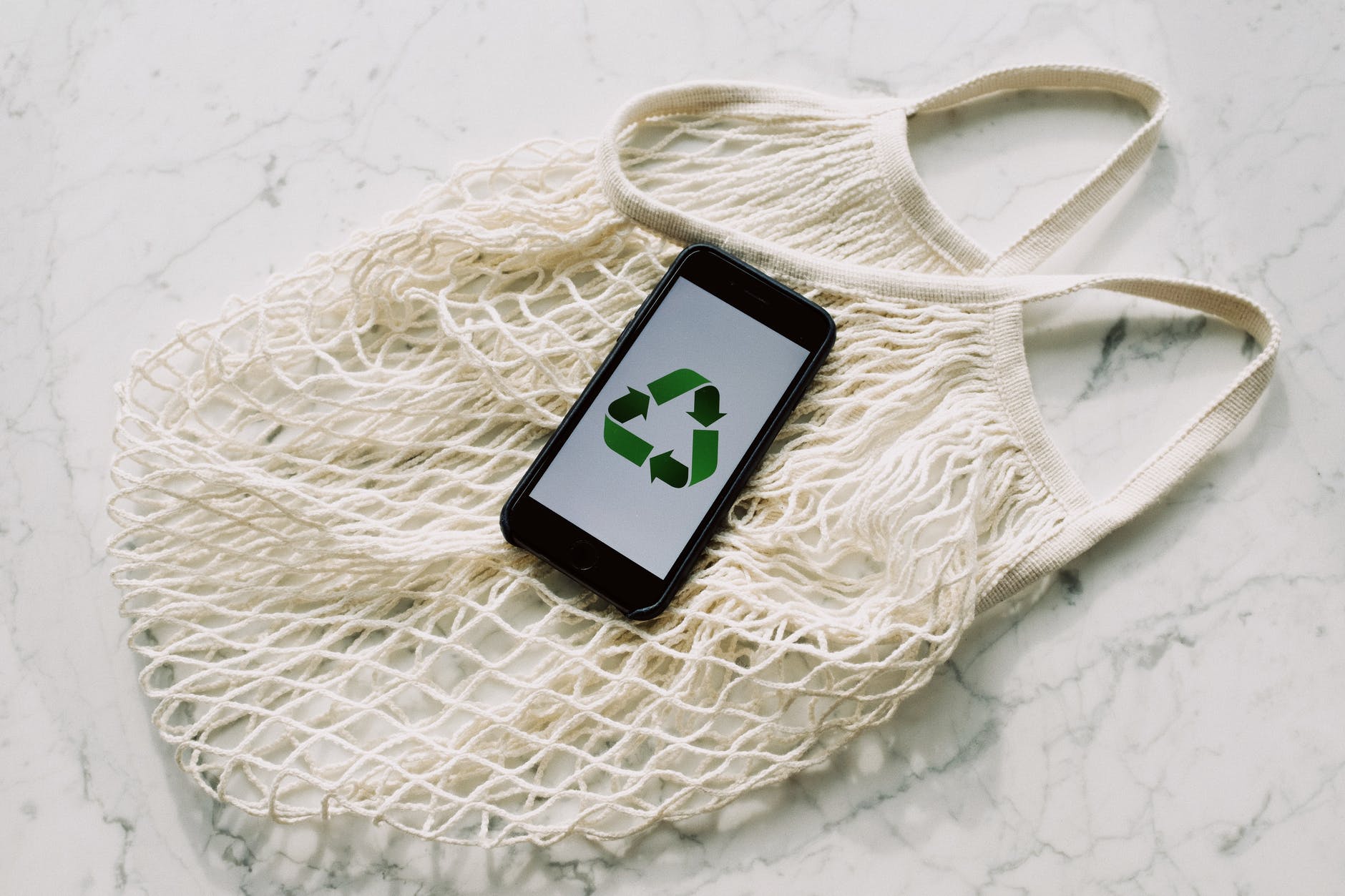Companies of all sizes carry the power to positively or negatively affect the environment, the lives of employees, and the economy. B-Corp certification through B Lab is a way for businesses to prove their dedication to these types of social and environmental standards. Businesses who earn B-Corp certification status undergo a rigorous review of processes up and down the supply and manufacturing chain to ensure a company has proven the highest levels of accountability and transparency as it relates to material selection, manufacturing, employee benefits, and charitable giving.
What Practices are Evaluated During B-Corp Certification?

The evaluation process for B-Corp certification is holistic. Rather than looking at a single topic, or even a limited selection of business aspects, the process delves into every corner of the business to ensure worker safety from the bottom of the supply chain through product sales. It looks at material selection, with an emphasis on natural and organic materials. It also evaluates product and shipping packaging to ensure avoidance of plastic, plastic foam, and other waste materials. In addition, it pinpoints energy and water consumption with recommendations for converting to renewable energy and water-saving options. B Lab believes there is always room for improvement, so while acknowledging the positive steps a business is taking, it points out ways to continue on the road of sustainable enterprise.
What are the Steps for B-Corp Certification?

Any company applying for B-Corp certification must be in operation for at least one year. However, any size of for-profit company (even non-corporations) can seek certification.
Start-ups can apply for an initial, temporary qualification called ‘Pending B-Corp Status’. This simply means the company is working towards B-Corp status and will seek reevaluation at a later date.
In addition to being in businesses the required amount of time, businesses must show their commitment to the workers, community, customers, and the planet.
Businesses must also submit a B Impact Assessment, which outlines the B Lab standards for B-Corp certification. The assessment covers topics related to the company’s practices and outputs across five categories: governance, workers, community, the environment, and customers. Part of this process involves identifying a social purpose of the business. It’s a proclamation and commitment to current and future customers, investors, and employees.
With the results of the B Impact Assessment, businesses can compare their efforts to thousands of other businesses that have completed the assessment. to be considered for certification, all businesses must achieve a minimum verified score of 80 points on the B Impact Assessment. Companies self-report information on the assessment. However, B Lab completes random on-site checks periodically to verify the information.
In addition, businesses must agree to be transparent with assessment results. They must provide them to customers, investors, employees, other businesses, and other interested parties.
Once the assessment is submitted and eligibility is confirmed, a B-Lab Analyst will evaluate all the materials. The next phase requires verification of all documentation and practices. If a company passes all phases of the process and pays a fee, they become B-Corp certified.
Companies that achieve B-Corp status must go through a recertification process every three years.
What’s the Difference Between a Benefit Corporation and a B-Corp?

You may have heard of the benefit corporation. A Benefit Corporation is a legal entity, much like an LLC or a Not-for-Profit. It’s a type of organization with a defined social purpose. Similar to a Benefit Corporation, a B-Corp also serves a social purpose. However, instead of being defined by a legal structure, B-Corp certification is voluntary and conducted through a third party.
A caveat worth noting is B Lab does require a corporation to form as a Benefit Corporation if the option is available in that state. A Benefit Corporation, however, does not need to achieve B-Corp certification.
Why Become B-Corp Certified?

B-Corp certification is quickly becoming a recognizable achievement that resonates with eco-minded consumers. Proving a dedication to sustainable practices and human-rights goals puts the company in a good light for consumers seeking businesses operating in alignment with their purchasing goals.
How Long Does it Take to Get B-Corp Certified?

New businesses must wait at least one year, regardless of size. A well-established small-to-medium-sized business may be able to achieve certification in as little as six months. Larger, or more complex organizations, could take a few years to achieve B-Corp certification.
Other companies are in an ongoing effort to meet the criteria for B-Corp certification. With the guidance of B Lab they may achieve it at some point in the future.
Who is B Lab?

While B Lab is the notable force behind B-Corp certification, it’s not the only thing the non-profit organization does. In fact, the organization has big goals to “transform the global economy to benefit all people, communities, and the planet”. It sets the standard for corporate responsibility towards the environment and workers and provides support for businesses working to balance profits with purpose.
What Companies are B-Corp Certified?

Due to the stringent criteria required to earn B-Corp certification, there are currently only about 1,800 U.S. companies who’ve earned the stamp of approval. Globally, around 4,500 companies are now B-Corp certified.
Recognizable U.S. brands include King Arthur Baking Company, Seventh Generation, Uncommon Goods, and The Guayaki Yerba Mate Company. In addition to companies that make products, there are law, environment, energy production, investment, and many other types of firms.




Recent Comments